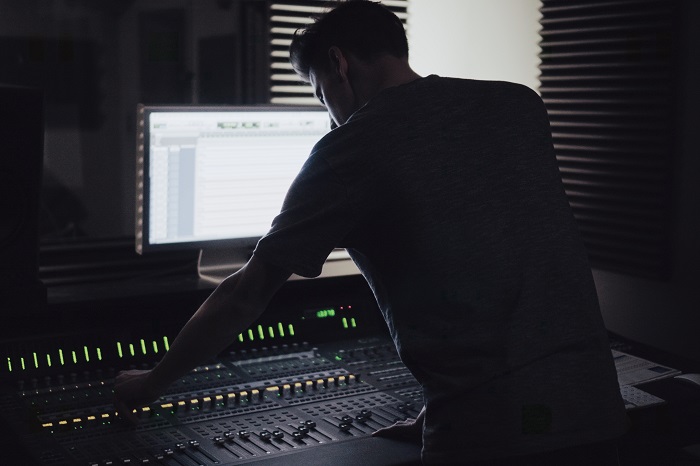You want to have fun in the studio…and this will help
Recording music is supposed to be a joyful experience, not a stress-inducing one. So, here are some tips on how to save both time and stress in the studio.
1. Use the plug-ins and virtual instruments bundled with your host as much as possible
Most hosts now include a decent assortment of instruments and processors, which has several advantages:
- No incompatibility issues
- Instrument upgrades usually happen in tandem with host upgrades
- Easy file exchanges with others who use the same host
- Should you re-visit a file in a few years, odds are the instruments will open up if you’re using the same host
Granted, bundled instruments won’t do everything. But keep your collection of instruments manageable: avoid the temptation to download a zillion shareware plug-ins “just because you can.” It’s more to learn, more to maintain, and more that can go wrong.
2. Choose an audio interface with lots of inputs
The more inputs you have, the more instruments and mics you can keep patched in permanently: mics, guitars, keyboards, etc. You don’t want to re-patch; it’s great to have everything ready to go, so all you need to do is record-enable a track to make music.
3. Manage your updates
Schedule a time for updates (e.g., once every month or so), then check for updates to your plug-ins, host, operating system, graphics card, etc. Mass upgrading can be more efficient than doing one update at a time.
4. Print a list of keyboard shortcuts
Refer to it often; after a few weeks, you’ll have the list memorized—and keyboard shortcuts save serious amounts of time.
5. Learn to cut your losses
Sometimes a performance or a song just isn’t happening. You try some EQ, some effects, some mix changes, maybe an overdub or two…nope. You’ve written music before, and you’ll write music again. If something isn’t flowing right, don’t complicate your life: Cut your losses and move on!
Photo by Tom Pottiger
